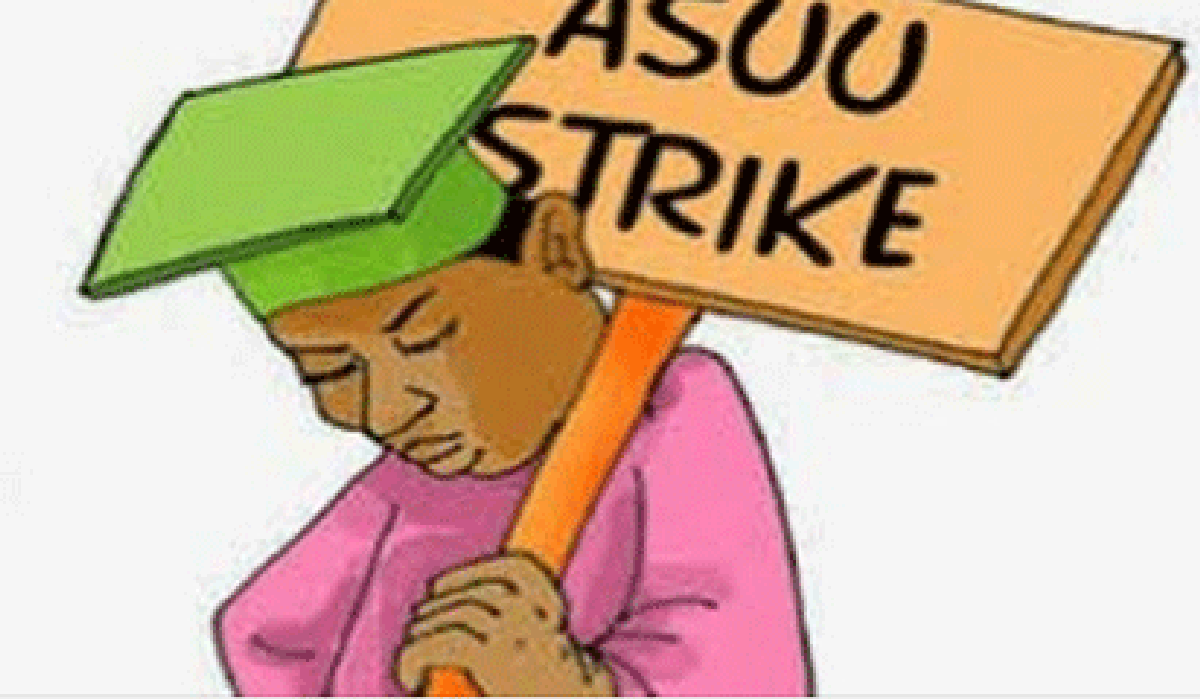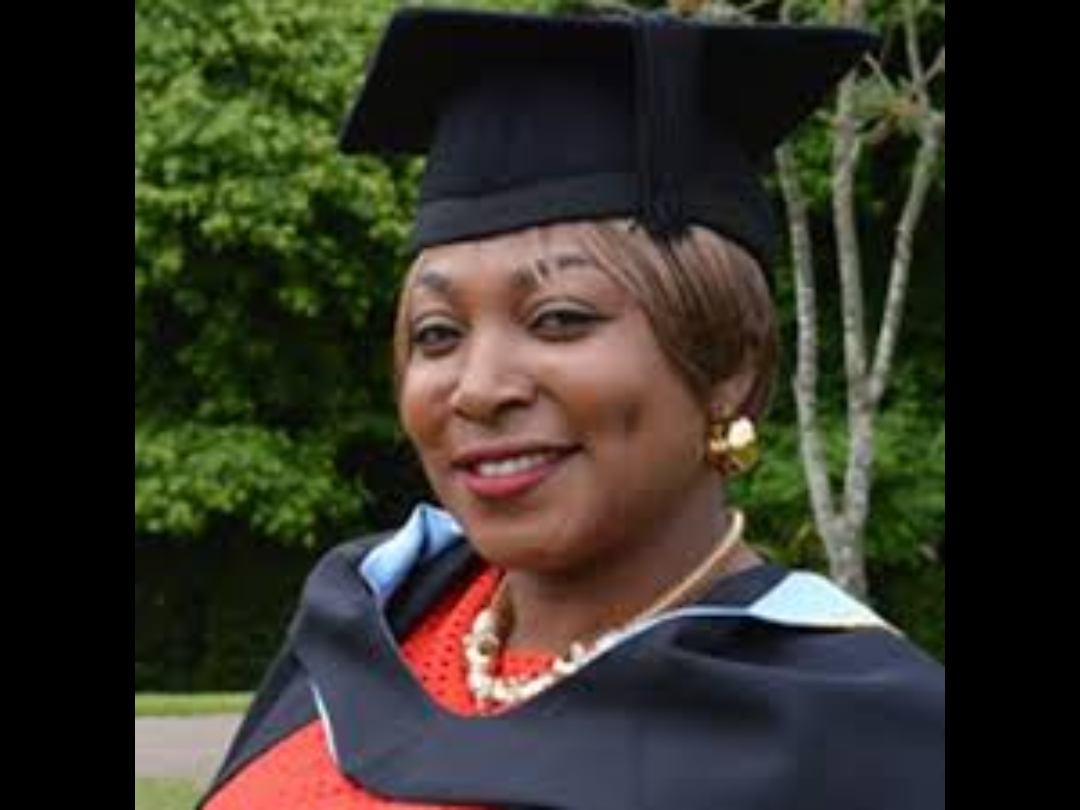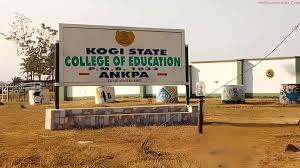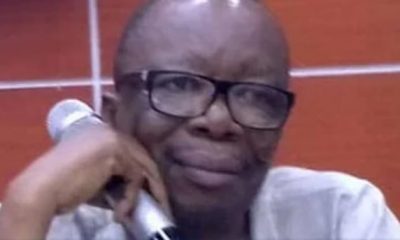Education
ASUU Strike, Nigerian Youths and 2023 Politics

By Emeka Alex Duru
On Thursday, April 28, social media platforms were lighted with pictures of Kaduna State governor, Nasir el-Rufai and his son, Ahmad in obvious excitement. Ahmad bagged a degree from one of the universities in London. To celebrate the feat, El-Rufai was in London for the graduation ceremony.
The governor was overtly happy.Having his son graduate when there are stories out there of youths abandoning their programmes of studies for social life, earns him a bragging right.
Importantly, in a system as ours where having children in foreign schools or seeking medical attention abroad, has become status symbol, the governor needed to assert his membership of the elite class.From President Muhammadu Buhari to Vice President Prof Yemi Osinbajo, down to the governors and the lawmakers at the states and national assembly, there are just few public office holders that do not have their wards studying abroad. Five of the President Buhari’s children attended prestigious universities in the United Kingdom – Buckingham University, University of Plymouth, University of Leicester and University of Surrey.
Osinbajo’s son, Fiyinfunoluwa graduated from Warwick University. Their predecessors also had their children educated abroad. Former Vice President, Atiku Abubakar, had in 2016, celebrated the graduation of one of his daughters from a foreign university.
Erstwhile Senate President, Bukola Saraki, who also served as governor of Kwara State, celebrated the graduation of his son from the London School of Economics. So, El-Rufai was not being out of tune.
To be sure, it is within their rights to train their children wherever they choose, as long as they have the means. Buhari put it more direct, when in response to a question by a foreign news medium on why his children were schooling in foreign lands and not in Nigerian universities, he said: “Because I can afford it.” Yes, he can afford it; yes, other office holders can afford it. But it goes beyond that. Education is a right and not a privilege. There are millions of Nigerians who do not have the opportunity or resources to send their children to schools abroad. There are over 11 million out-of-school Nigerian children out there in the streets, begging or doing odd jobs.
These are the people bearing the brunt of the caricature that the public education sector in Nigeria has been reduced to. It is for such Nigerians that the face-off between the government and the Academic staff Union of Universities (ASUU), matter a lot. The people at the receiving end, of course, may not matter to members of the political class. That is why, even with the lecturers in public universities in the country being on strike since February 14, no meaningful efforts have been made by the government to bring them back to the classrooms.
The much the government did in addressing the situation was in the Minister of Education, Adamu Adamu, walking out on the students who had visited him to find a solution to the crisis. All that bothers the average politician is what to joggle or maneuver in the run up to the 2023 general elections. No society develops on that curve.
Former Anambra State governor, Peter Obi, put it succinctly that the society, the youth that are being neglected and abused today, will take revenge tomorrow. There is danger in pretending that the universities remaining closed and the students roaming the streets, do not matter. They do, on the contrary.
We run on an estimate that puts Nigeria’s population at 200 million. The youths are approximated to constitute 60 percent of the number. In ordinary mathematical form, this is about 120 million. Out of the figure, 35 to 40 percent of the youths are said to be unemployed.
The ones in school are currently on the streets due to the industrial action by their teachers. This is a clear and present danger to the country. The #EndSARS protest of 2020 by the youths against the highhandedness of the police and sundry incidences of poor governance in the country, should have been enough to teach some lessons to the authorities. The impacts of the protest still resonate in many parts of the country.
The mismanagement of the protest leading to the exercise being hijacked by hoodlums, accounts for the rising security challenges in many parts of the country, today. Anything nearer to that experience, may pose more problems to the nation.
The ongoing strike is the 17th in the series by ASUU since the commencement of the present civilian dispensation in 1999. It has to do with the failure of the Federal Government to renegotiate the agreement it signed with the teachers in 2009, the demand by the lecturers for the replacement of the Integrated Personnel Payroll Information System (IPPIS), with the University Transparency and Accountability Solution (UTAS), as the payment platform in the university sector, among others.
The teachers insist that IPPIS has never been implemented in any university system anywhere. Among its drawbacks, they say, is that it will shut the door against foreign scholars, contract officers and researchers needed to be poached from existing universities to stabilize new ones.
But the Federal Government insists that the payment system is for transparency and neither intended to trample upon university autonomy nor designed to subsume the university into the civil service.
These are issues that can be resolved with openness of mind and sincerity of purpose by the two parties. But this is not the case. It is rather a matter of ego and haughty carriage by government officials detailed to negotiate with the striking lecturers.
We had argued in this space that Nigeria has become a classic case of where the leaders do something same way repeatedly and expect a different result. Such has never worked anywhere. Allowing the ongoing strike to linger, portends danger for all. Apart from the students losing years and interest in their studies, standard is affected, also. Above all, the society suffers.
What the government is doing by appearing ignorant of the students staying at home or loitering the streets, is exposing them to traits that were not originally in them. We may take it or not but when we talk of the rising culture of insecurity in the land, occasioned by the ravaging insurgency and terrorism in the North East, banditry in the North West, intermittent clashes in the North Central, kidnapping and ethnic nationalism in the South West and South East or militancy in the South-South, all boil down to the youth unleashing their anger on the nation that has neglected them for a long time.
It beats common logic that politicians, especially public officers are rushing to pay N40m and N100m for presidential nomination forms from the two leading political parties – the PDP and All Progressives Congress (APC), respectively – while the demands of the striking members of the Academic Staff Union of Universities (ASUU), are not being attended to. That shows the extent the Nigerian system has shrunk on the value it places on its youths and their future.
Bad enough, the National Chairman of ASUU, Emmanuel Osodeke, has declared that the strike will be extended if the Federal Government refuses to attend to the Union’s demands. That means more danger ahead. That should give every Nigerian serious concern.
Duru is the Editor, TheNiche Newspapers, Lagos. (08054103327, nwaukpala@yahoo.com)(Photo credit: music-wap)
Education
Educationist Advocates Strong Monitoring Structure for IDP Education

A lecturer at the University of Southampton, UK, Dr Vivienne Rwang has called for the establishment of monitoring structures to strengthen the implementation of Nigeria’s Universal Basic Education (UBE) policy for displaced populations.
Rwang made the call on Tuesday during a virtual seminar themed, “Improving Educational Access and Quality for Displaced and Marginalised Learners in Nigeria: A Policy and Practice Approach”.
It was hosted by the Southampton Education School, University of Southampton, UK.
She said findings from her academic study revealed the severe challenges faced by internally displaced children in accessing quality basic education in camps across North Central and North East Nigeria.
“Education is more than a right; it is a tool for stability, healing, and hope. We owe these children that much,” Rwang stated.
Citing global statistics, she noted that Sub-Saharan Africa accounts for 46 per cent of conflict-induced displacement worldwide, with Nigeria representing a significant portion due to prolonged insurgency and communal violence.
Rwang called for urgent reforms to Nigeria’s UBE framework, including the formal recognition of IDP camps by federal and state governments, dedicated education budgets for displaced children, and curriculum reforms in teacher training to integrate emergency education.
She further advocated for free education for IDP children, including the waiving of Parent-Teacher Association (PTA) fees, and the provision of uniforms and learning materials.
“In spite of Nigeria’s UBE policy mandating free and compulsory basic education, many IDP children remain excluded,” she said.
According to her, many IDP camps lack functional schools, while displaced children who attempt to enrol in neighbouring schools often face rejection, high fees, or non-absorption due to overcrowding or lack of documentation.
She also highlighted the shortage of trained teachers capable of addressing the psychosocial and educational needs of traumatised children, noting that most IDP schools operate without special budgetary allocations.
“Teachers working in and around camps often lack the training, motivation, and resources to meet the needs of displaced learners.
“Without education in emergency training, we risk losing an entire generation, ”Rwang added.
In her keynote address, Prof. Nana Tanko, Co-founder of the African Policy Research Institute, called for urgent action to support the education of children in conflict-affected states.
She stressed that collective efforts are needed to lift them out of their current circumstances.
Deputy Vice Chancellor, University of Jos, Prof. Rahila Gowon alongside other academics from the institution, also emphasised the need for a complete overhaul of Nigeria’s education system to better accommodate marginalised learners.
Also speaking, Simon Katu, Assistant Director of Disaster Risk Reduction at the National Emergency Management Agency (NEMA), advocated for the integration of education in emergencies into national and state disaster management frameworks.
He said this would help institutionalise the Safe School Initiative and ensure more consistent interventions.
Rwang’s research is titled “Quality Basic Education and Provision for Internally Displaced Children in Internally Displaced Persons Camps: A Case Study of IDP Camps in North Central and Northeast Nigeria”.
It was motivated by her volunteer work in IDP camps and findings from her master’s dissertation on public primary education in the Federal Capital Territory (FCT).
Representatives from the Universal Basic Education Commission (UBEC), International Organisation for Migration (IOM), Hope for All Foundation, Lovatt Foundation, and various school administrators also participated in the seminar.
Education
Philanthropist Olusoji Approves Full Scholarship for 100 Kogi COE Students

The act of generosity displayed by Asiwaju Prince Olatunji Olusoji, the Bashorun Akinjagunla of Ogidi, has not only put smiles on the faces of 100 students at Kogi State College of Education (Technical), Mopa, but has also earned him recognition as a key partner and friend of the institution.
He offered full sponsorship to 100 students of the institution, covering tuition and accommodation for the three-year academic programme.
The gesture was met with gratitude and appreciation from the Provost of the College, Dr. M.K Ibrahim, and the State’s Commissioner for Education, Hon. Wemi Jones.The College Provost particularly appealed for further partnerships, including an educational endowment and support for the construction of a College Clinic, which Prince Olusoji graciously agreed to consider.
For his part, Commissioner Jones commended the philanthropist for his dedication to educational advancement and community development, emphasising the government’s commitment to the growth of Kogi State College of Education (Technical), Mopa.
Prince Olusoji’s immediate approval and release of funds for the scholarship, as well as his pledge to assist with the clinic project, demonstrated his strong belief in the power of education and the importance of giving back to the society.
As a token of appreciation, the Provost and the Education Commissioner decorated Prince Olusoji as a ‘Friend and Partner of the College’, solidifying his status as a valuable ally in the pursuit of academic excellence and holistic development.The generous gesture of Asiwaju Prince Olatunji Olusoji serves as a shining example of how individuals can make a significant impact on the lives of others through acts of kindness and philanthropy. His commitment to supporting education and community welfare is a beacon of hope for the future generations of Kogi State and beyond.
Education
NYSC DG Tasks Corps Members on Patriotism, Selfless Service Others

The Director General of National Youth Service Corps (NYSC), Brigadier General Olakunle Nafiu has advised Corps members to allow the core values of the scheme be their guiding principles during and after their service year.
He said patriotism, integrity, efficiency, transparency, consistency, loyalty, discipline, diligence, selfless service among others are necessary requirements for a successful service year.
General Nafiu disclosed this while addressing the 2025 Batch ‘A’ Stream Two Corps members at the Cross River State Orientation Camp in Obubra and Ebonyi State Orientation Camp at MacGregor College,
Afikpo, a statement by the acting Director Information and Public Relations, NYSC, Caroline Embu, said on Sunday.
He said every Corps member must adhere strictly to the scheme’s bye-laws, constitution of the country and also respect constituted authorities.
“Be at your best at all times. Be diligent and punctual at work, don’t be lazy and serve as our good ambassadors,” the DG said.
The NYSC Cross River State Coordinator, Joke Oyenuga in her camp situation report informed General Nafiu that 1,455 Corps Members consisting of 675 males and 780 females took the Oath of Allegiance, which was administered by the High Court Judge of Obubra, Hon. Justice EA Ubua during the swearing-in ceremony.
She added that “the morale among the staff and Corps Members is very high and they were all committed to getting the best results.”
Similarly, the NYSC Ebonyi State Coordinator, Foluke Oladehinde said 1,525 Corps members comprising 765 males and 760 females were registered while the Oath of Allegiance was administered by Hon. Justice Nicholas Nwode on behalf of the Chief Judge of the State.




























